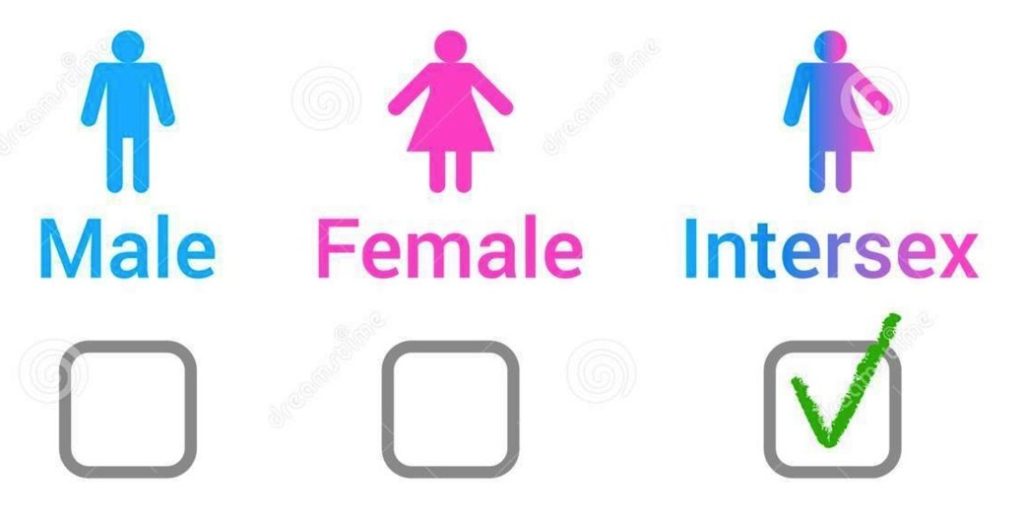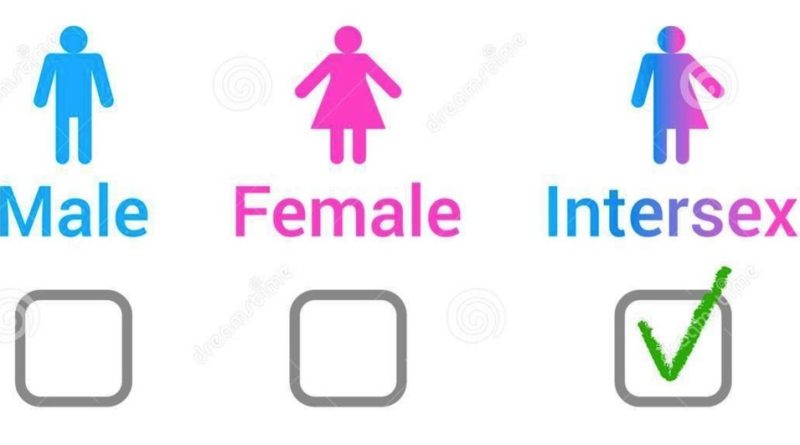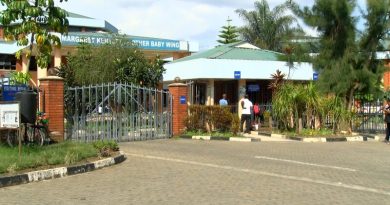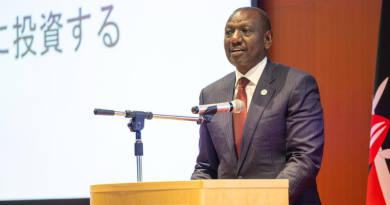Police, Prisons Ordered to Provide Facilities for Intersex Persons in Kenya
By Chemtai Kirui | NAIROBI, Kenya,
Police and prison officers in Kenya have been ordered to set up facilities for intersex persons, marking the country’s latest move to protect the rights of sexual minorities.
The government-backed directive, implemented through the Intersex Persons Implementation Coordination Committee (IPICC) under the Kenya National Commission on Human Rights (KNCHR), builds on years of legal and policy progress on intersex rights.
Intersex people are born with biological characteristics — including chromosomes, hormones, or reproductive organs — that do not fit typical definitions of male or female.

According to the UN Human Rights Office (OHCHR) intersex persons may have any gender identity or sexual orientation. ‘For instance, an intersex person may be born with atypical sex characteristics, identify as a man, and be heterosexual.’
Kenya became the first African country to count intersex people in its population census, a significant step towards official recognition.
During the 2019 census, the government introduced a third sex marker, referred to as ‘Code 3,’ which allowed enumerators to record intersex persons separately from the traditional male and female categories.
The IPICC was subsequently established under KNCHR to coordinate policies, raise awareness, and support inter-agency collaboration to protect intersex rights.
For many activists, this was the first time the state had formally acknowledged their existence in national statistics, laying the groundwork for future policy and legal reforms.
Although the census recorded only 1,524 intersex people, officials believe the real figure could be more.
The government has since urged households and communities to ensure intersex persons are identified under Code 3, stressing that reliable data is vital for planning in healthcare, education, and protection within state institutions.
Earlier this year, in what was hailed as another milestone, the government officially recognized “intersex” as a third gender in newly gazetted birth notification certificates — a landmark policy shift after years of advocacy.
As of February 2025, “Intersex” has been added as a gender marker (“I”) on standardized birth notification forms, alongside “Male” and “Female.”
While the Intersex Persons Bill, 2023, provides for intersex markers on national identity documents, it remains unclear whether the “I” designation has been rolled out to ID cards or passports.
For now, recognition is formalized only at the birth registration level.
The move builds on a 2019 proposal by then-government spokesperson Isaac Mwaura, who called for intersex people to be able to amend their sex on ID cards and for “intersex” to be included on both birth and death certificates.
Despite progressive reforms, intersex persons in Kenya still face stigma, social exclusion, and discrimination in daily life.
Activists, including the Association of Intersex Parenthood (AIP-Kenya), stress that while census inclusion and detention protections are important milestones, broader social and economic safeguards remain limited.

The latest directive builds on earlier legal precedents. In 2007, a Kenyan court ruled that an intersex prisoner must be treated with dignity and not subjected to inhumane treatment — a landmark judgment that required searches to respect their condition and awarded damages for violations.
Since then, police and prison services have updated procedures, requiring that intersex detainees be searched by an officer of their choice and, where possible, housed in separate facilities.
“Recognition of intersex persons in all settings, including detention, is critical to protect their rights and dignity,” said Jedidah Waruhiu, Commissioner at KNCHR and Chairperson of IPICC.
Officials and rights groups see the new directive as part of Kenya’s broader effort to align with constitutional protections against discrimination and international human rights standards.




